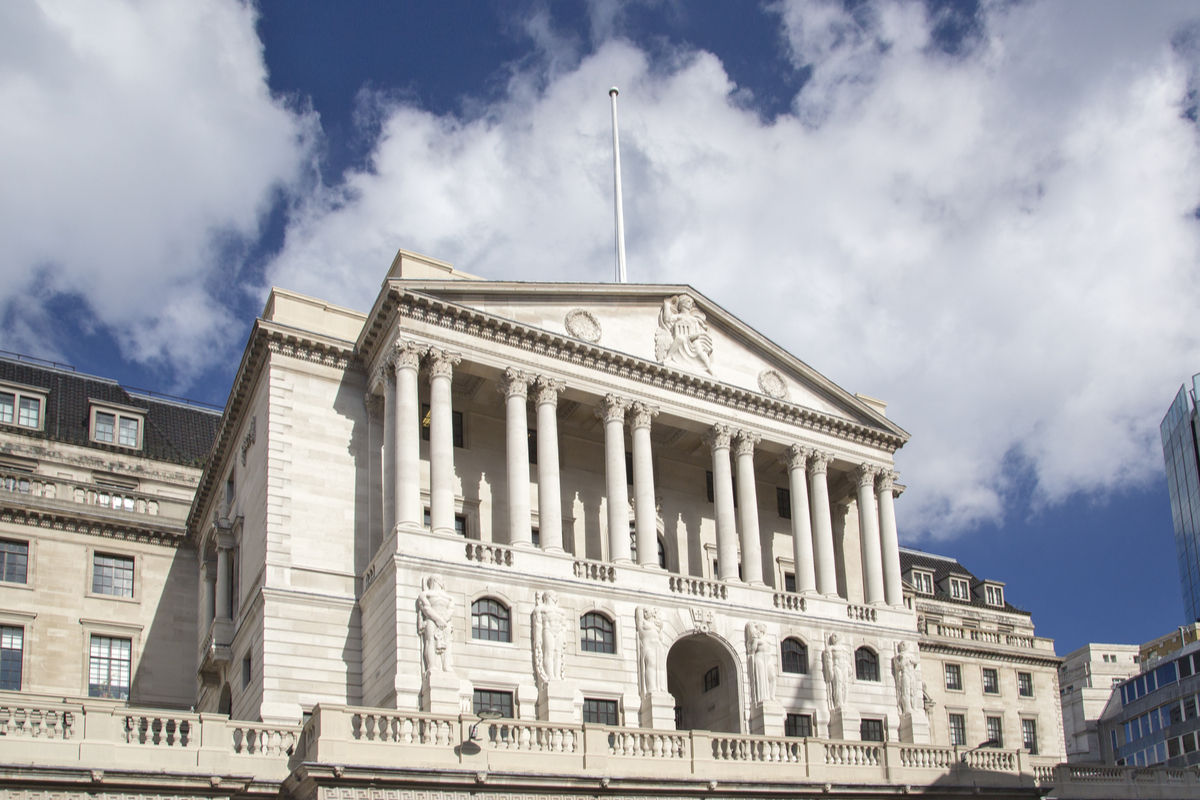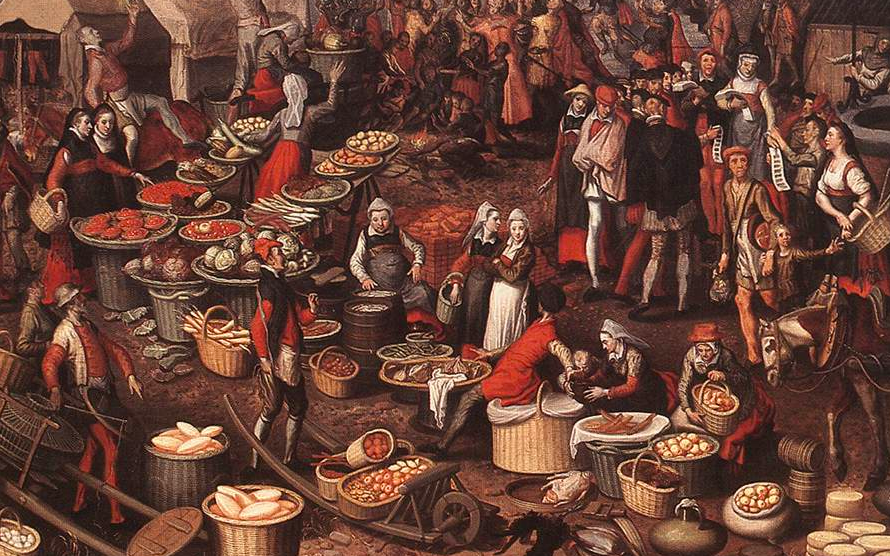Joakim Book
The Choice of Christine Lagarde for the ECB
Lagarde’s experience as a policy-maker and clear communicator may prove very successful.
What to Read on Money
As an introduction to the topics that will be dealt with in the AIER Graduate Colloquium, over the next few weeks Joakim Book will summarize the core readings that our students are currently reading to prepare for a good discussion at the event.
When Did the Bank of England Become a Lender of Last Resort?
It happened sometime after the crisis of 1847.
Two Grand Traditions in Financial History
Before New York acquired its status as the financial center of the world, the honor of that title was reserved for London and, before then, Amsterdam for roughly a century each.
There’s No Such Thing as Socially Harmful Speculation
Financial markets, including markets for complex instruments that may just look like speculative casino bets, allow important real transactions to occur. And in a brilliantly decentralized way, they bring into harmony people whose information, values, goals, and risk aversion differ.
Yes, You Can Sell What You Do Not Own
To remain consistent, opponents of so-called fractional-reserve banking have to denounce overbooking practices among airlines as well as the entire business of insurance.
Safe Banks Are Probably Not What You Want
Why wouldn’t we want safe and stable banks? Like almost everything else in economics, benefits in one area comes with real costs in others.
What Does It Mean to Have Predicted an Economic Event?
Seismologists can’t predict earthquakes. Economists can predict financial meltdowns? Please.








